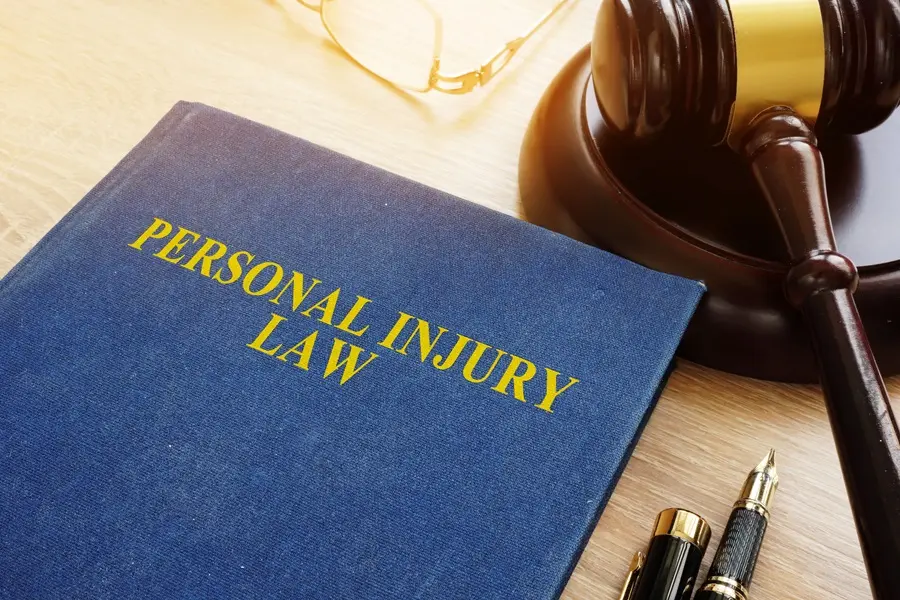Table of Contents
Weather conditions can play a significant role in personal injury cases, particularly in states like Mississippi where diverse weather patterns are common. Understanding how weather impacts personal injury claims can help you navigate your case more effectively. Here’s a look at how various weather conditions can affect personal injury claims and what you should consider.
Types of Weather Conditions
- Rain: Heavy rainfall can lead to slippery roads and increased risk of accidents. Wet conditions may contribute to vehicle collisions, slip and fall accidents, and other incidents.
- Snow and Ice: While less common in Mississippi, rare snowfall or ice can create hazardous conditions on roads and sidewalks. Ice accumulation can lead to serious slip and fall injuries.
- Wind: Strong winds can cause debris to become airborne, potentially leading to accidents. Wind can also affect visibility and stability, increasing the risk of accidents.
- Flooding: Flooded roads and areas can be particularly dangerous. Floodwaters can lead to vehicle accidents, property damage, and injuries from exposure to hazardous conditions.
Impact on Personal Injury Claims
- Determining Fault: Weather conditions can influence fault in personal injury cases. For example, if a driver loses control due to rain, it may be necessary to evaluate whether the driver was negligent in adjusting to the weather conditions or if the weather was the primary factor.
- Documentation: It’s crucial to document weather conditions at the time of the incident. This can include weather reports, photographs of the scene, and witness statements. Accurate documentation helps establish how weather conditions contributed to the accident.
- Comparative Negligence: Mississippi follows a comparative negligence rule, meaning that if multiple factors contributed to an accident, fault can be divided among the parties involved. Weather conditions can be one factor in determining comparative fault.
Impact on Evidence and Investigation
- Scene Analysis: Weather conditions can affect the physical evidence at the scene of the accident. For example, rain might wash away tire marks or other evidence, while snow could obscure important details.
- Witness Testimonies: Witnesses may provide differing accounts of how weather conditions affected the incident. It’s important to gather comprehensive witness statements to understand the full impact of the weather on the accident.
Handling Claims in Adverse Weather Conditions
- Insurance Adjustments: Insurance companies may have specific protocols for handling claims related to adverse weather conditions. Be prepared to provide detailed information and evidence about how the weather impacted the accident.
- Legal Considerations: Work with your attorney to address how weather conditions played a role in the case. They can help you navigate any challenges related to proving how weather affected the accident and your injuries.
Precautions for Future Incidents
- Safety Measures: During adverse weather conditions, take precautions to avoid accidents. This includes adjusting driving speed, avoiding travel in extreme conditions, and being cautious on slippery surfaces.
- Emergency Preparedness: Being prepared for weather-related emergencies can help reduce the risk of injury. This includes having an emergency kit in your vehicle and staying informed about weather forecasts.
Conclusion
Weather conditions can significantly impact personal injury claims in Mississippi, influencing factors such as fault, evidence, and the overall handling of the case. By understanding how different weather conditions affect personal injury claims and taking appropriate measures, you can better navigate your case and address the complexities that arise from adverse weather. Accurate documentation, thorough investigation and expert guidance from a personal injury lawyer are key to ensuring that weather-related factors are properly considered in your claim.

